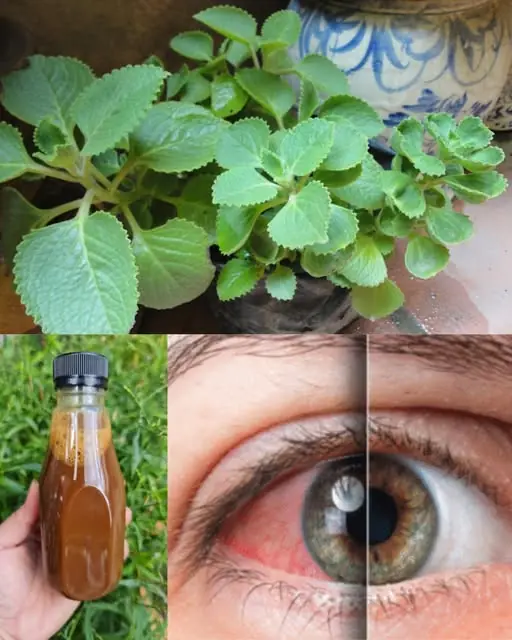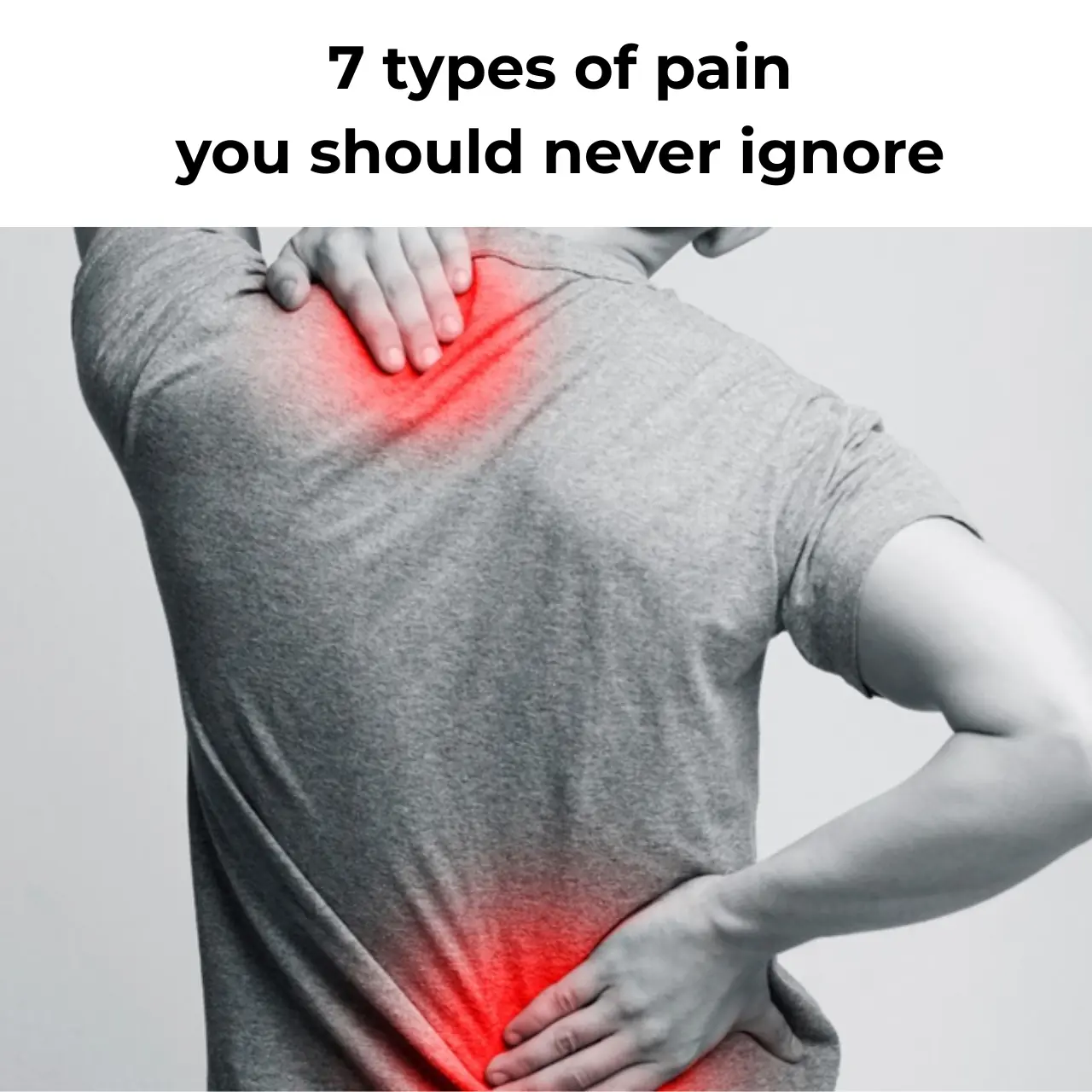
This Common Vitamin Deficiency Could Be Raising Your Colorectal Cancer Risk — and Half the World Is Affected
This Common Vitamin Deficiency Could Be Raising Your Colorectal Cancer Risk — and Half the World Is Affected
What if one of the most powerful defenses against colorectal cancer wasn’t an expensive new drug or breakthrough therapy, but a simple vitamin you can get from sunlight, food, or a small supplement? According to new research, that might just be the case. The spotlight is now turning toward vitamin D, a nutrient so vital that lacking it could quietly increase your risk of one of the world’s most common and deadly cancers.
Colorectal cancer is the third most frequently diagnosed cancer worldwide, and its rates are climbing in many countries. But while modern medicine continues to make great strides in detection and treatment, researchers are discovering something equally powerful: your nutritional and lifestyle choices can dramatically reduce your risk. Among these, maintaining healthy vitamin D levels stands out as one of the simplest—and most overlooked—forms of prevention.
This isn’t about miracle cures or quick fixes. It’s about giving your body the nutrients it needs to protect itself. Vitamin D acts like a guardian inside your cells, influencing how they grow, repair, and respond to damage. And for millions of people who are low in this essential vitamin, restoring optimal levels could be a game-changer.
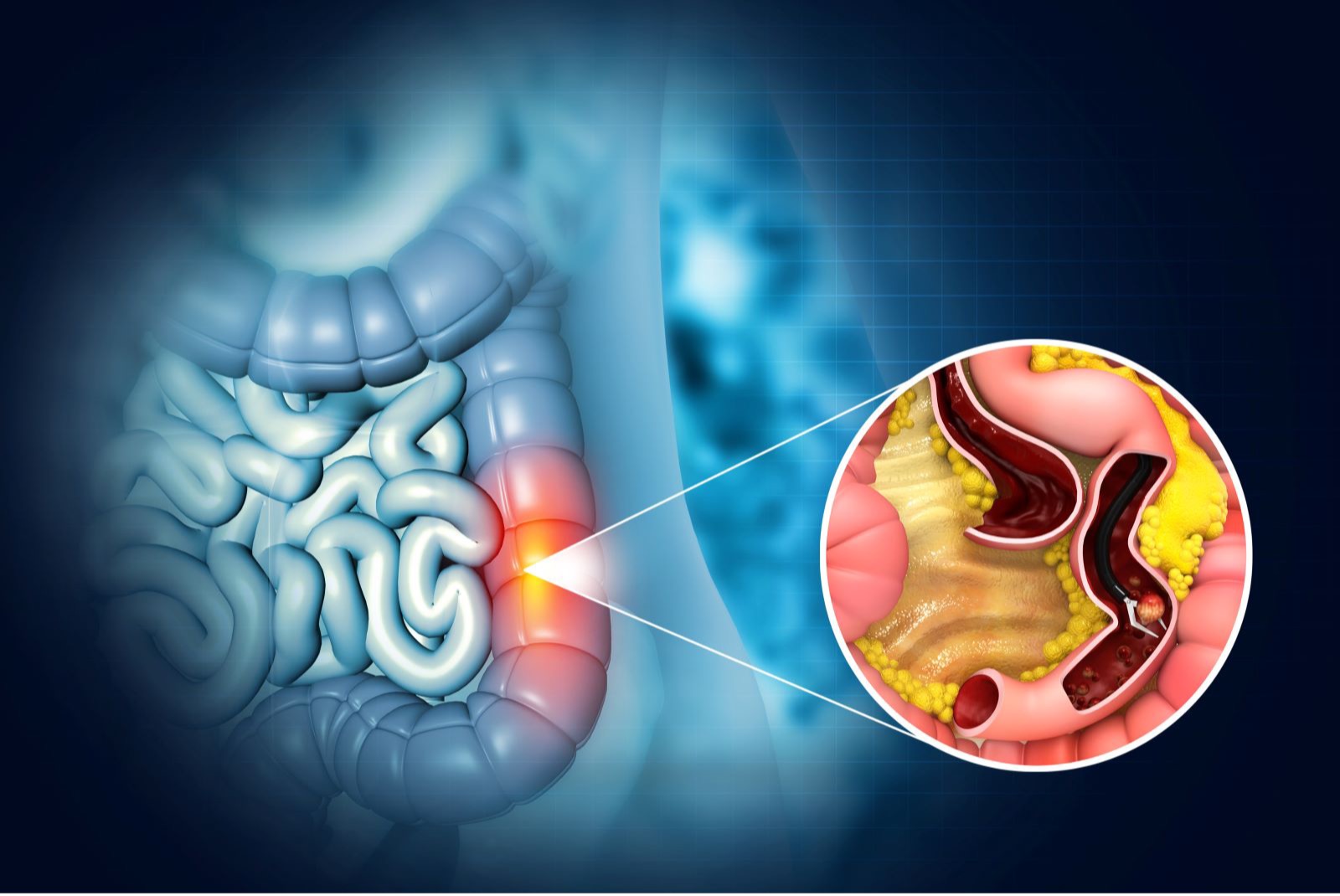
Key Takeaways
🌞 Vitamin D Lowers Cancer Risk: A massive analysis of 50 studies found that people with higher vitamin D levels had up to a 58% lower risk of developing colorectal cancer.
🧠 Multi-Level Protection: Vitamin D helps reduce chronic inflammation, boosts your immune defenses, encourages abnormal cells to self-destruct, and even blocks tumors from forming new blood vessels.
🌍 Deficiency Is a Global Issue: Roughly half the world’s population doesn’t get enough vitamin D—especially those with darker skin tones, limited sun exposure, or indoor lifestyles.
💪 You Can Take Control: Sensible sun exposure, nutrient-rich foods, and guided supplementation can safely raise your levels and support your body’s natural cancer-fighting mechanisms.
The Landmark Study That Changed Everything
Most people associate vitamin D with bone health and calcium absorption, but researchers now know it plays a far wider role in disease prevention—particularly when it comes to cancer.
A landmark meta-analysis published in Nutrients reviewed data from 50 peer-reviewed studies involving hundreds of thousands of participants. The verdict? People with the highest blood levels of vitamin D had significantly lower rates of colorectal cancer.
One of the most famous examples comes from the Nurses’ Health Study, which followed thousands of women for decades. Those with the highest vitamin D levels had a 58% lower risk of colorectal cancer compared to those with the lowest. Other studies found that higher vitamin D intake could reduce the formation of precancerous polyps—the earliest warning signs of colon cancer—by as much as 33%.
This growing body of research makes one thing crystal clear: vitamin D is more than a “nice-to-have” nutrient—it’s an essential component of disease prevention and long-term health.
How Vitamin D Protects You From Cancer
So, what makes this humble vitamin such a powerful ally against cancer? Scientists have discovered that vitamin D operates like a biological multitool, influencing hundreds of processes that keep your cells healthy and balanced.
Here’s how it works:
-
It Calms Chronic Inflammation 🧯
Inflammation is your body’s natural defense mechanism, but when it becomes chronic, it can fuel the growth of cancer cells. Vitamin D helps lower inflammatory markers and keeps your immune system from overreacting. -
It Strengthens Your Immune System 🦠
Vitamin D boosts the activity of specialized immune cells that detect and destroy abnormal or damaged cells—long before they can turn into tumors. -
It Encourages Cancer Cells to Self-Destruct 💥
Through a process called apoptosis (programmed cell death), vitamin D helps your body remove cells that are malfunctioning or multiplying too quickly. This is one of the key ways it prevents tumors from taking root. -
It Starves Tumors of Nutrients 🚫
For cancer cells to grow, they need to form new blood vessels—a process called angiogenesis. Vitamin D can block this process, essentially cutting off a tumor’s “food supply.” -
It Helps Repair DNA Damage 🧬 (New Insight)
Research also shows that vitamin D supports the repair of damaged DNA strands, protecting cells from mutations that could lead to cancerous changes.
Taken together, these mechanisms show why vitamin D is considered one of the body’s most versatile and protective nutrients.
The Hidden Epidemic: Why Vitamin D Deficiency Is So Common
Despite its importance, vitamin D deficiency is shockingly widespread. Experts estimate that around 50% of people worldwide don’t get enough of it. The reasons are easy to understand:
-
Many of us spend most of our time indoors or in offices.
-
Sunscreen, while important for skin health, can drastically limit vitamin D production.
-
People living in northern climates get less direct sunlight for much of the year.
-
Those with darker skin naturally produce less vitamin D from the same amount of sun exposure.
Even if you live in a sunny place, you may not be converting enough sunlight into usable vitamin D—especially during the winter months.
To make matters more confusing, the “normal” ranges listed on lab tests are often too low to reflect what’s truly optimal for cancer prevention. While some labs consider 20 ng/mL sufficient, many functional medicine experts recommend maintaining 40–60 ng/mL for the best overall protection.
Four Simple Ways to Raise Your Vitamin D Levels
The good news? You don’t need to overhaul your life to make a big difference. Here are practical, research-backed ways to boost your vitamin D safely and effectively:
☀️ 1. Get Sensible Sun Exposure
Spend 15–30 minutes in the midday sun, exposing your arms and legs a few times per week—without sunscreen for that short period. If your skin is darker, you may need a bit longer. Avoid burning, and always protect your skin once you’ve had enough sun.
🥑 2. Eat Vitamin D-Rich Foods
Include more natural sources of vitamin D in your diet:
-
Wild-caught salmon, sardines, and mackerel
-
Pasture-raised eggs
-
Fortified dairy or plant-based milks
-
Mushrooms exposed to UV light
These foods not only raise your vitamin D levels but also provide other essential nutrients that support immune health and cellular repair.
💊 3. Supplement Wisely
For many people—especially during winter or in low-sunlight areas—diet and sun exposure alone aren’t enough. A vitamin D3 supplement can help you reach optimal levels. Many experts recommend pairing it with vitamin K2, which helps calcium move into your bones rather than your arteries. Always check with your healthcare provider before starting supplements, as needs vary by individual.
🩸 4. Test, Don’t Guess
The only way to know where you stand is with a 25-hydroxy vitamin D blood test. Testing once or twice a year allows you to track your progress and fine-tune your plan for optimal protection.
A Brighter Future: Taking Health Into Your Own Hands
The science is clear: vitamin D isn’t just about strong bones—it’s a cornerstone of disease prevention and vibrant health. With half the world running low on this essential nutrient, awareness and action have never been more important.
Colorectal cancer develops slowly over time, which means there’s a powerful opportunity for prevention. By keeping your vitamin D levels in the optimal range, you’re not just lowering your cancer risk—you’re giving your immune system, metabolism, and mood a natural boost.
So step into the sunlight, enjoy real food, and be proactive about your health. Sometimes the most effective tools for longevity are the simplest ones already within your reach.
Source: Inspired by current research in Nutrients, The Nurses’ Health Study, and the work of leading vitamin D researchers worldwide.
News in the same category

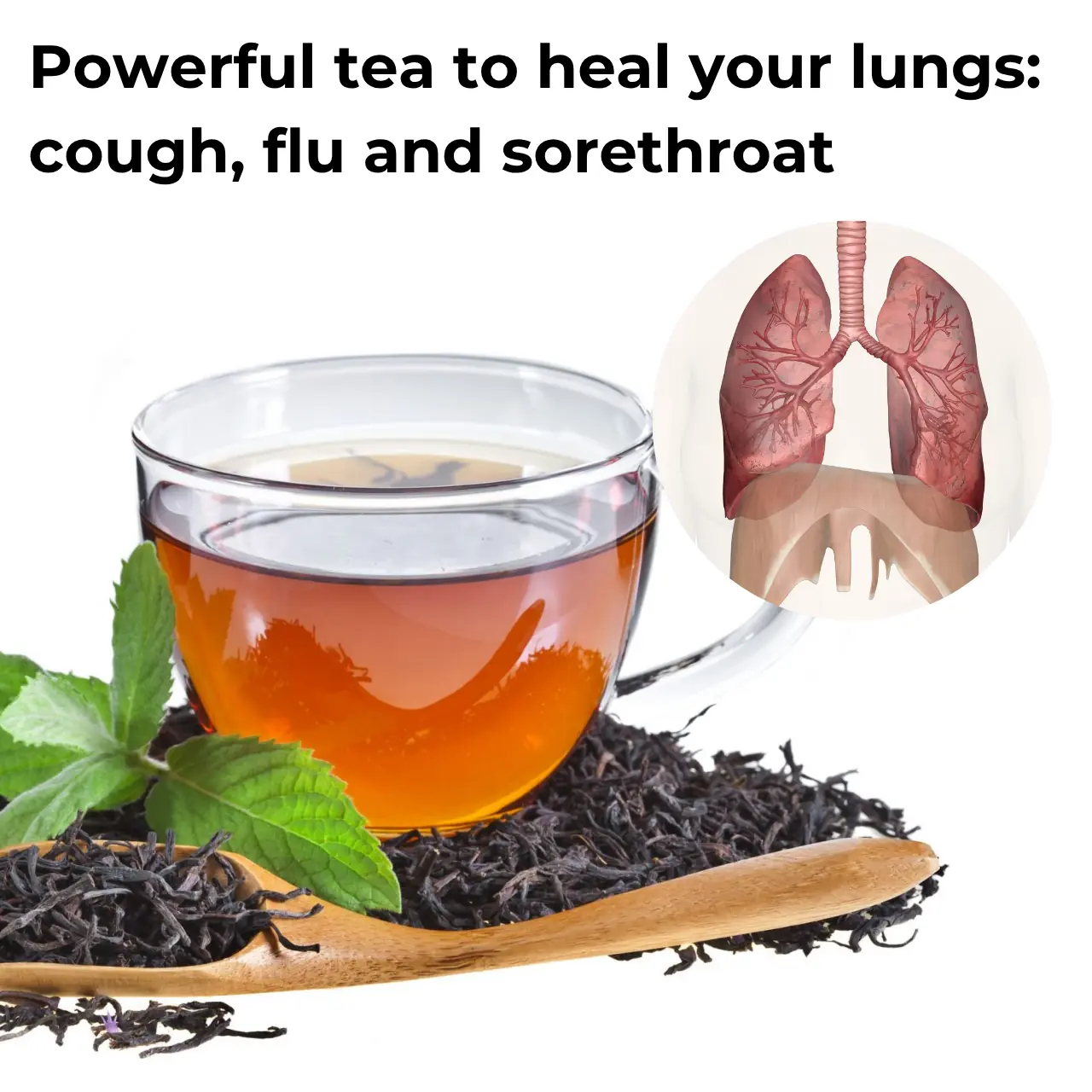
Proven Health Benefits and Uses of Thyme and Thyme Tea

9 cancer warning signs your body is sending you (don’t ignore these!)
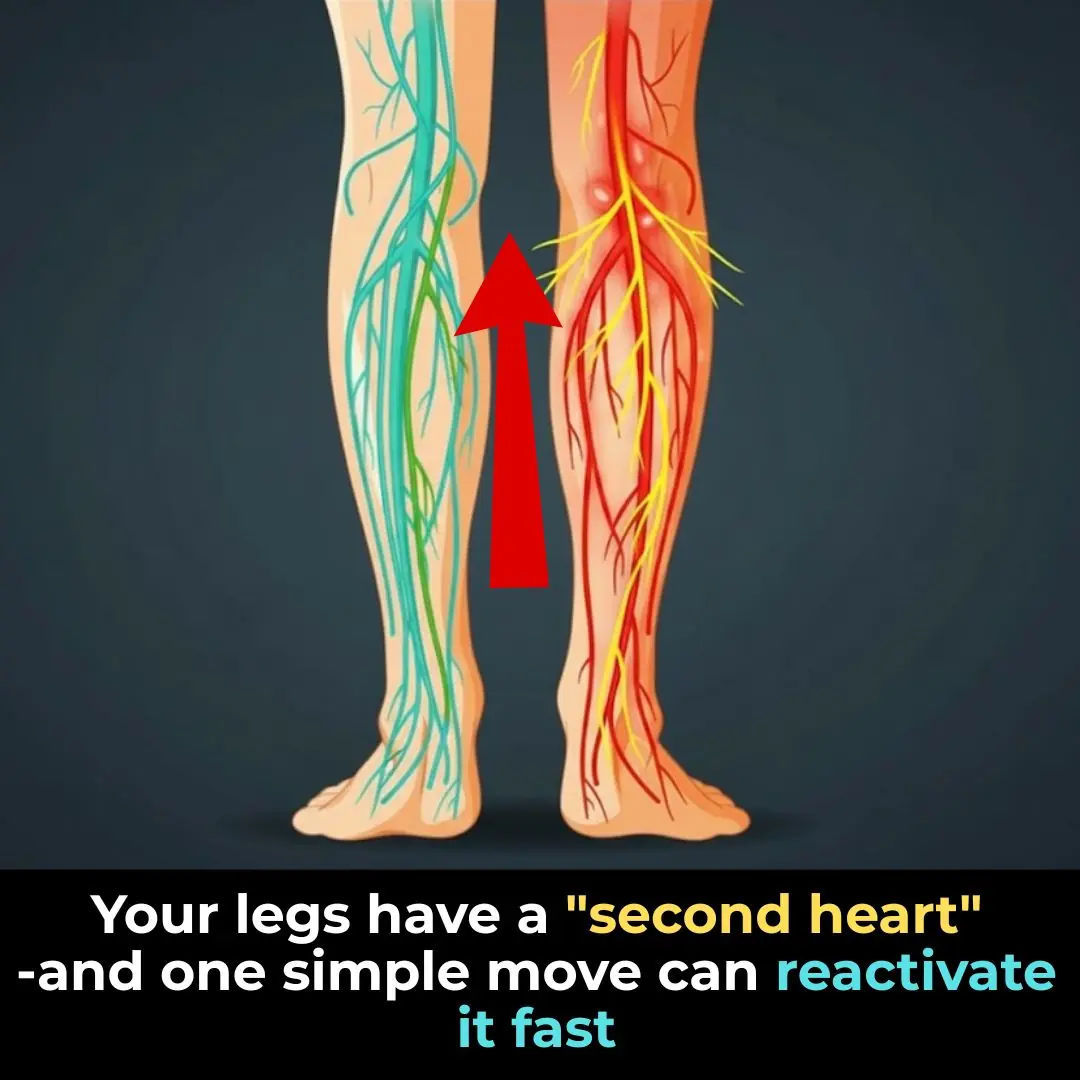
Your legs have a “second heart” — and one simple move can reactivate it fast
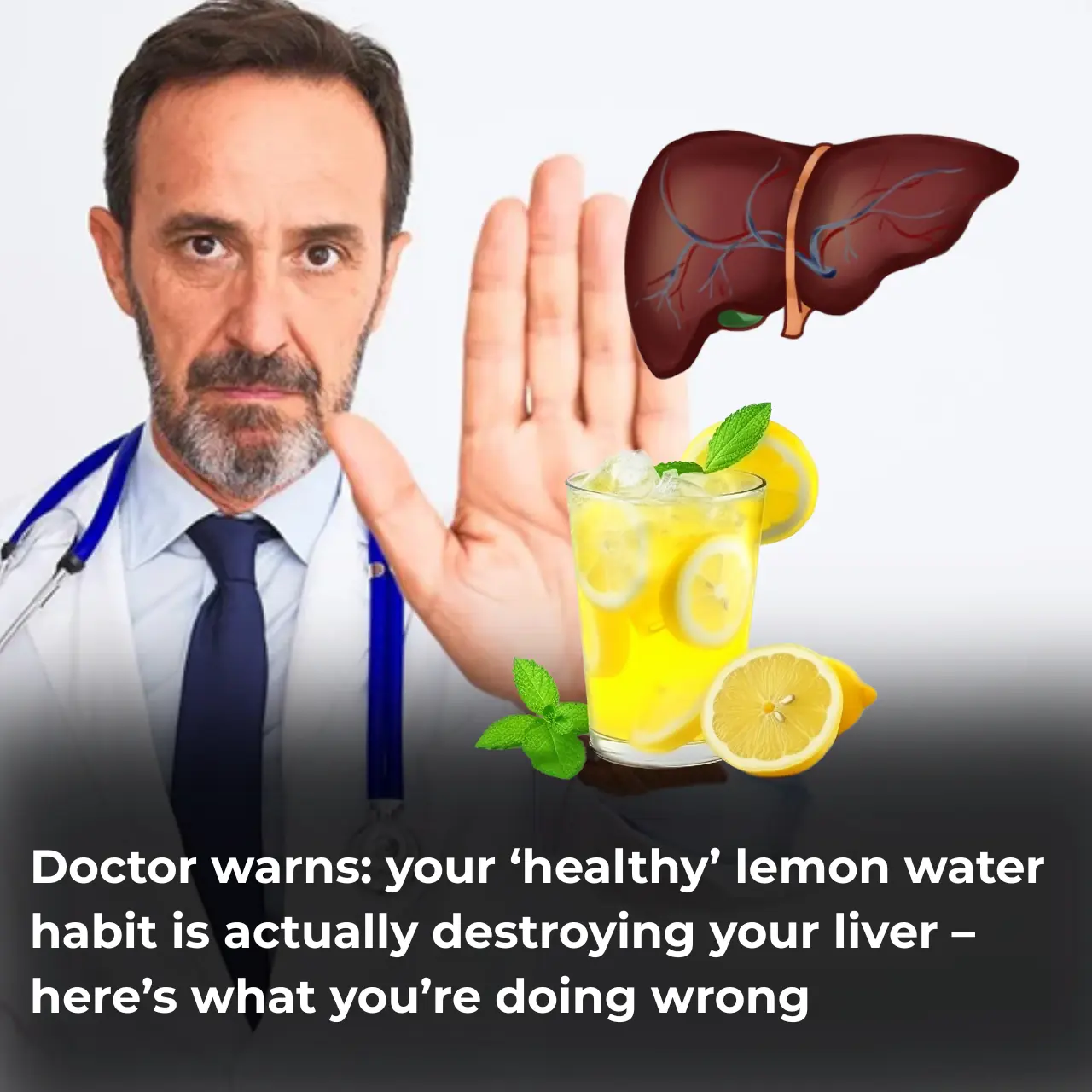
Doctor warns: your ‘healthy’ lemon water habit is actually destroying your liver – here’s what you’re doing wrong
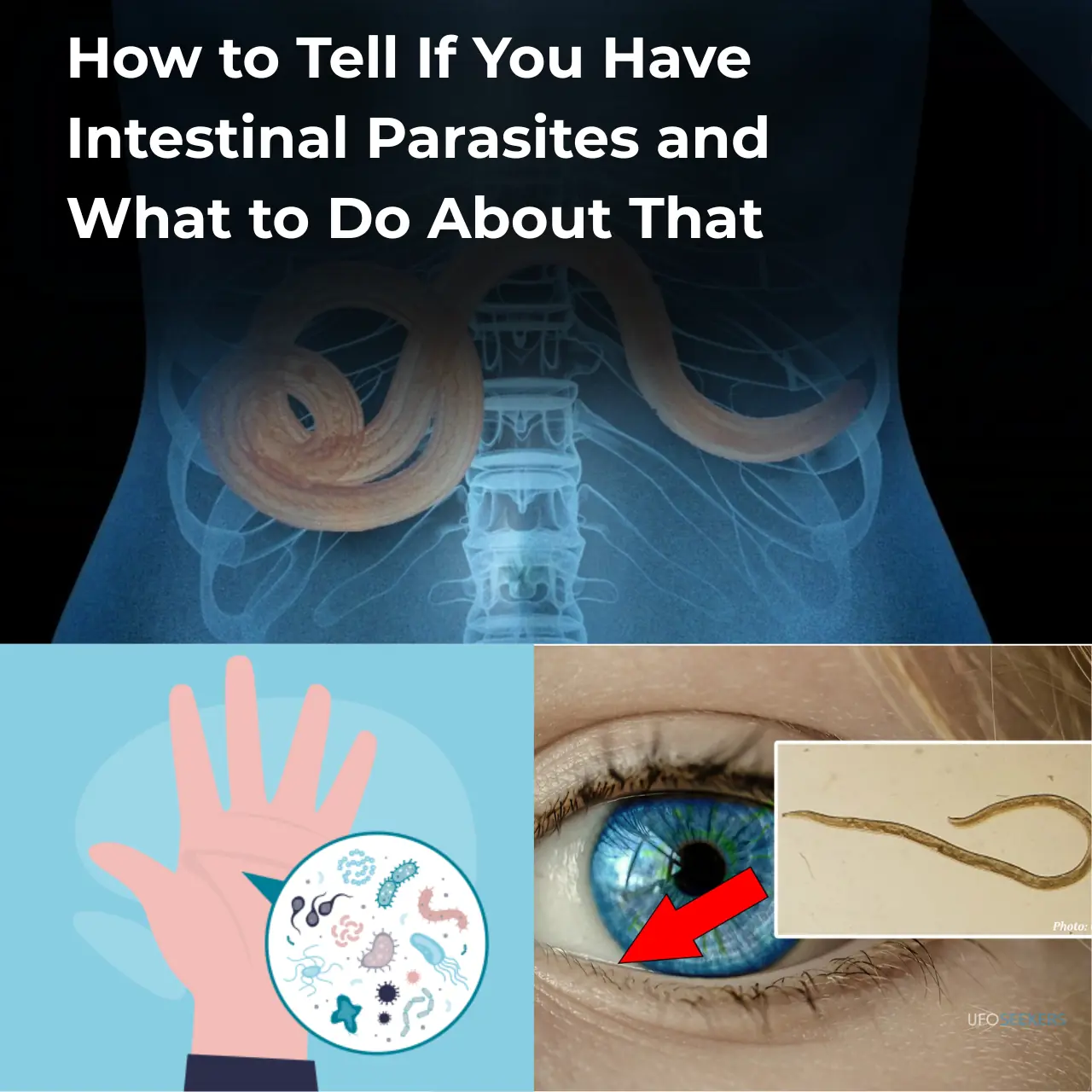
How to Tell If You Have Intestinal Parasites and What to Do About That
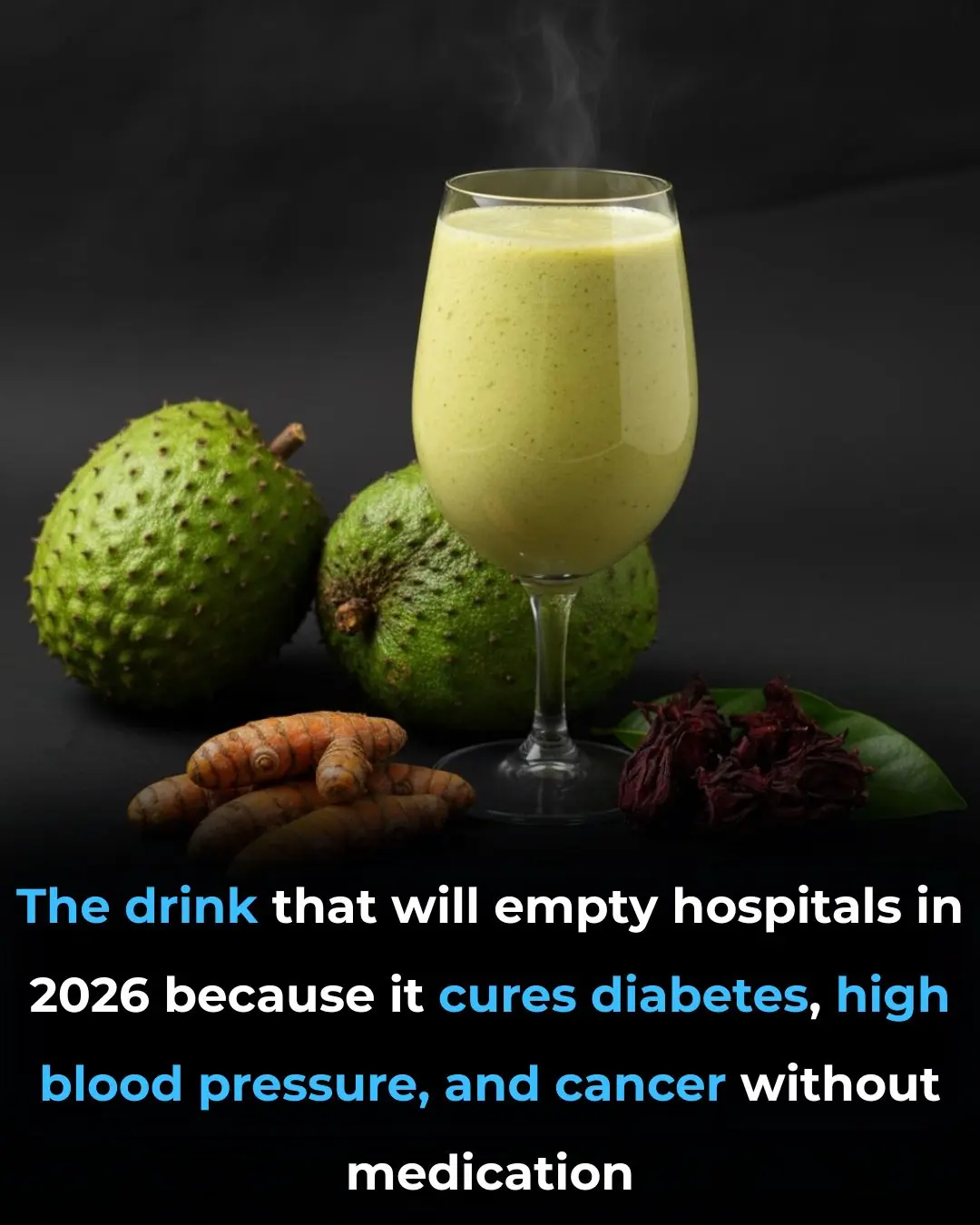
2026’s hottest health drink: A natural boost for blood pressure and diabetes

This Salt, Pepper and Lemon “Miracle-Mix” Can Help Solve 9 Problems

Scientists Discover The Maximum Age a Human Can Live To
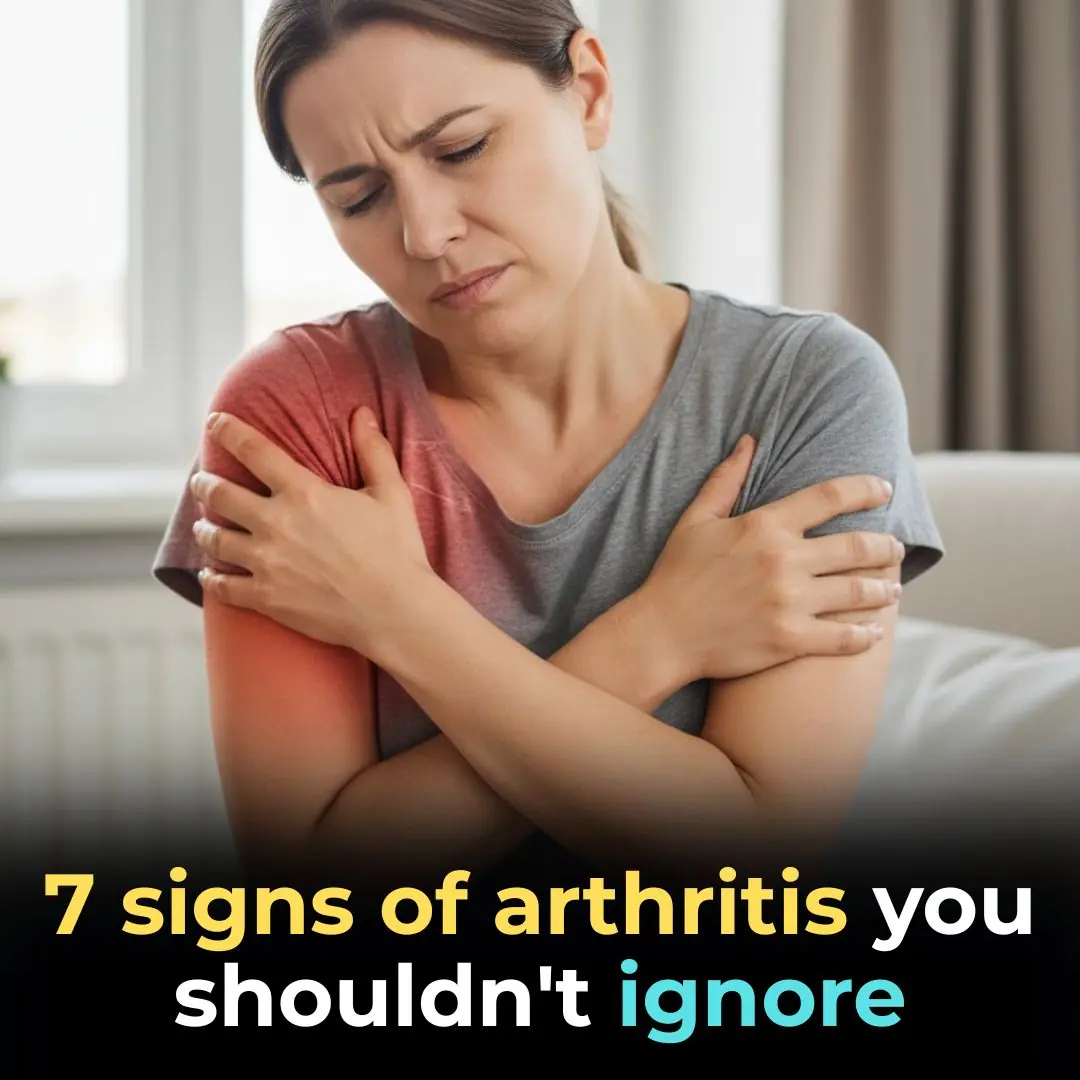
Signs of Arthritis You Shouldn’t Ignore
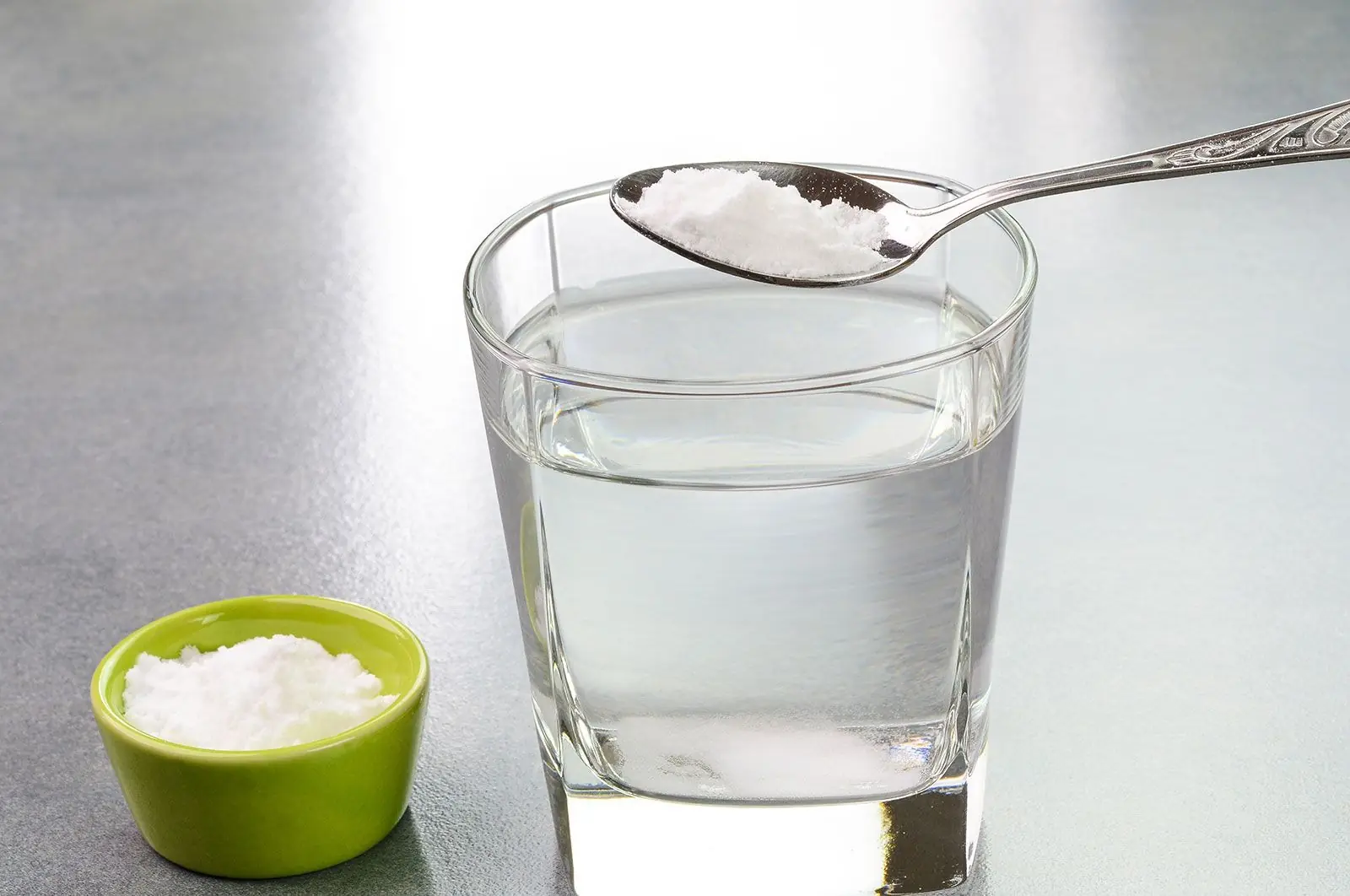
The Life-Changing Effects Of Adding Just A Pinch Of Baking Soda To Your Water

WHAT HAPPENS WHEN YOU EAT 3 WHOLE EGGS EVERY DAY — THE RESULTS MAY SURPRISE YOU

Remove This from Your Home to Live Longer
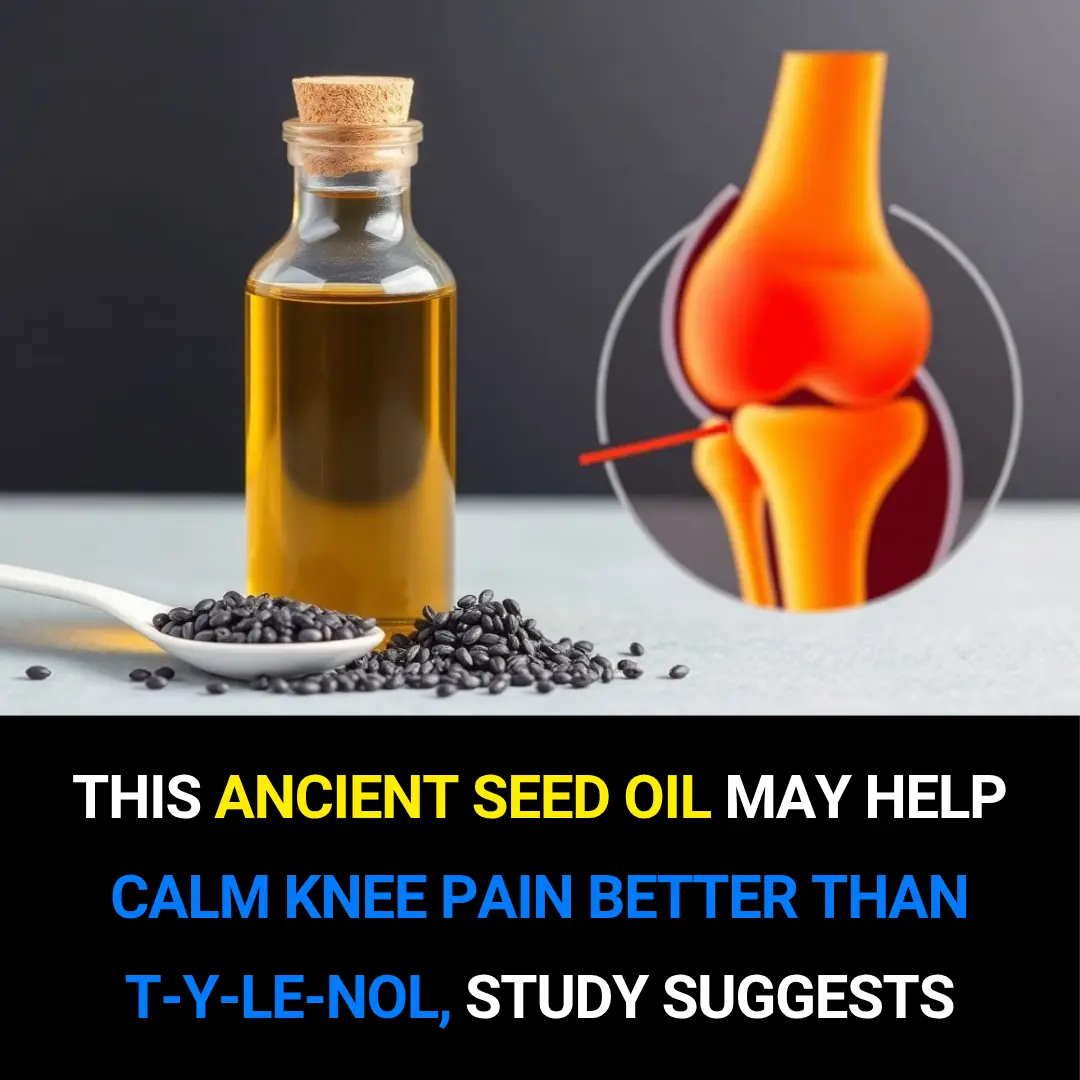
This Ancient Seed Oil May Calm Knee Pain Better Than Tylenol, Study Finds
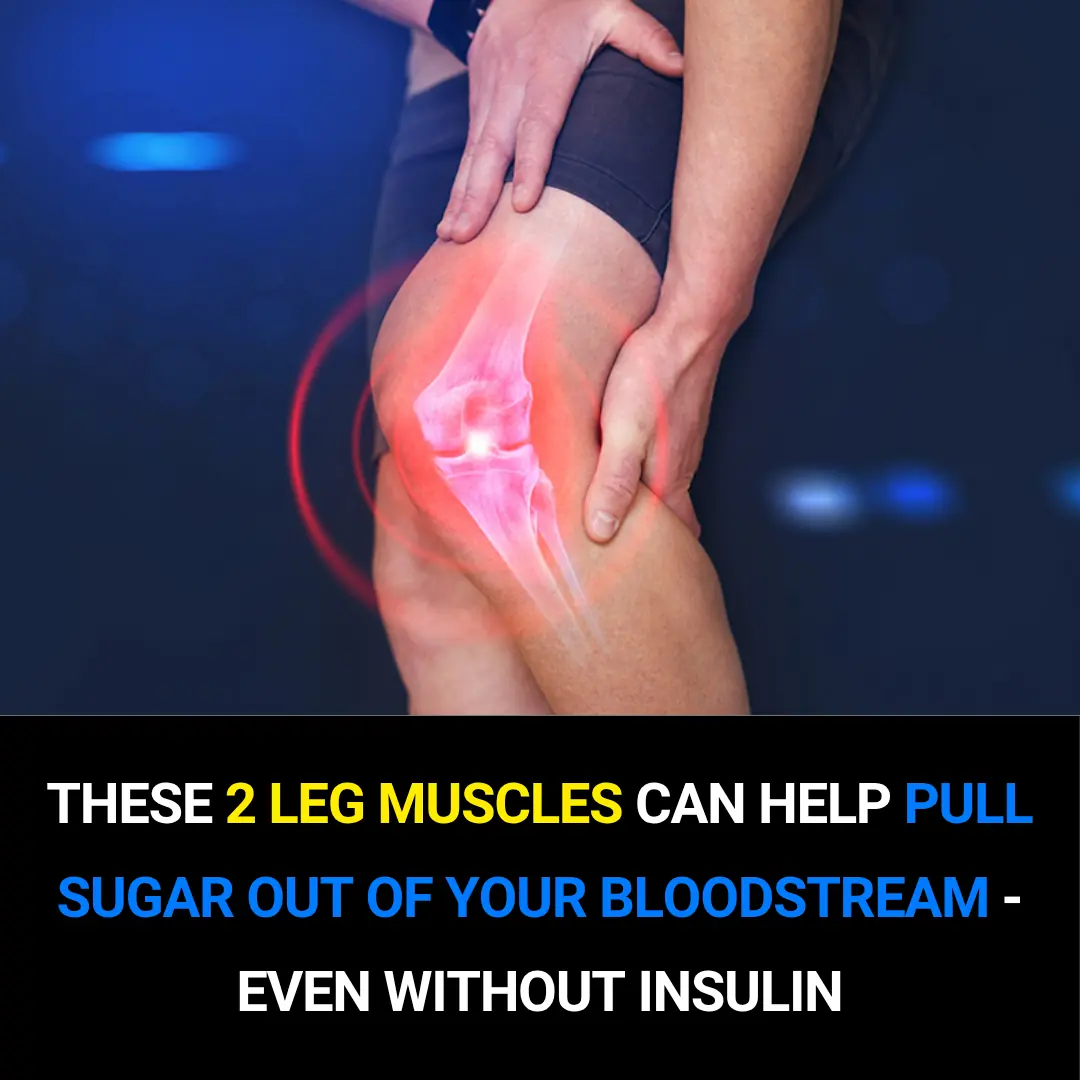
Lower Blood Sugar Naturally by Training Just Two Leg Muscles
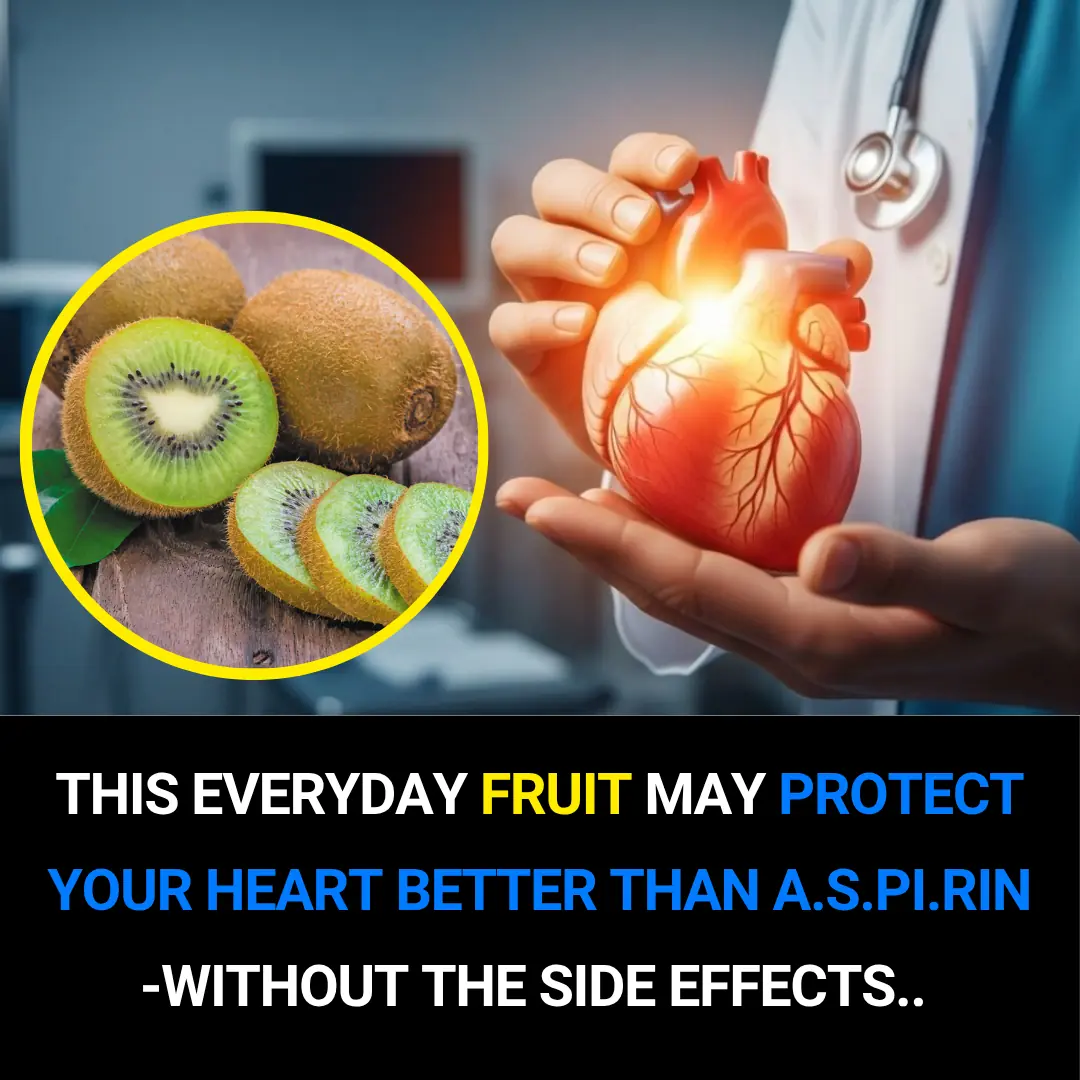
Forget Aspirin — This Everyday Fruit Could Protect You from Stroke and Heart Attack
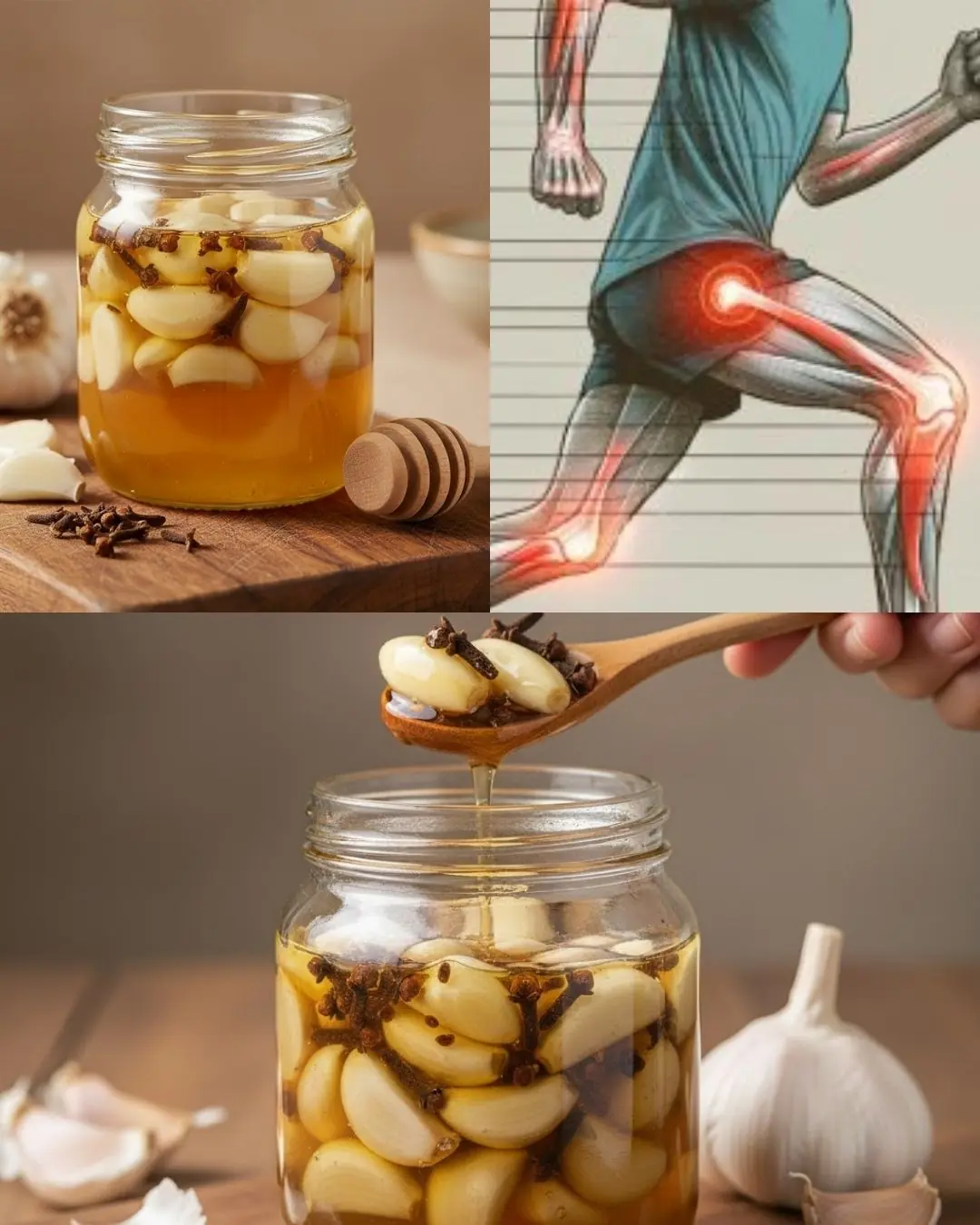
Garlic, honey, and cloves – a powerful natural remedy packed with health benefits
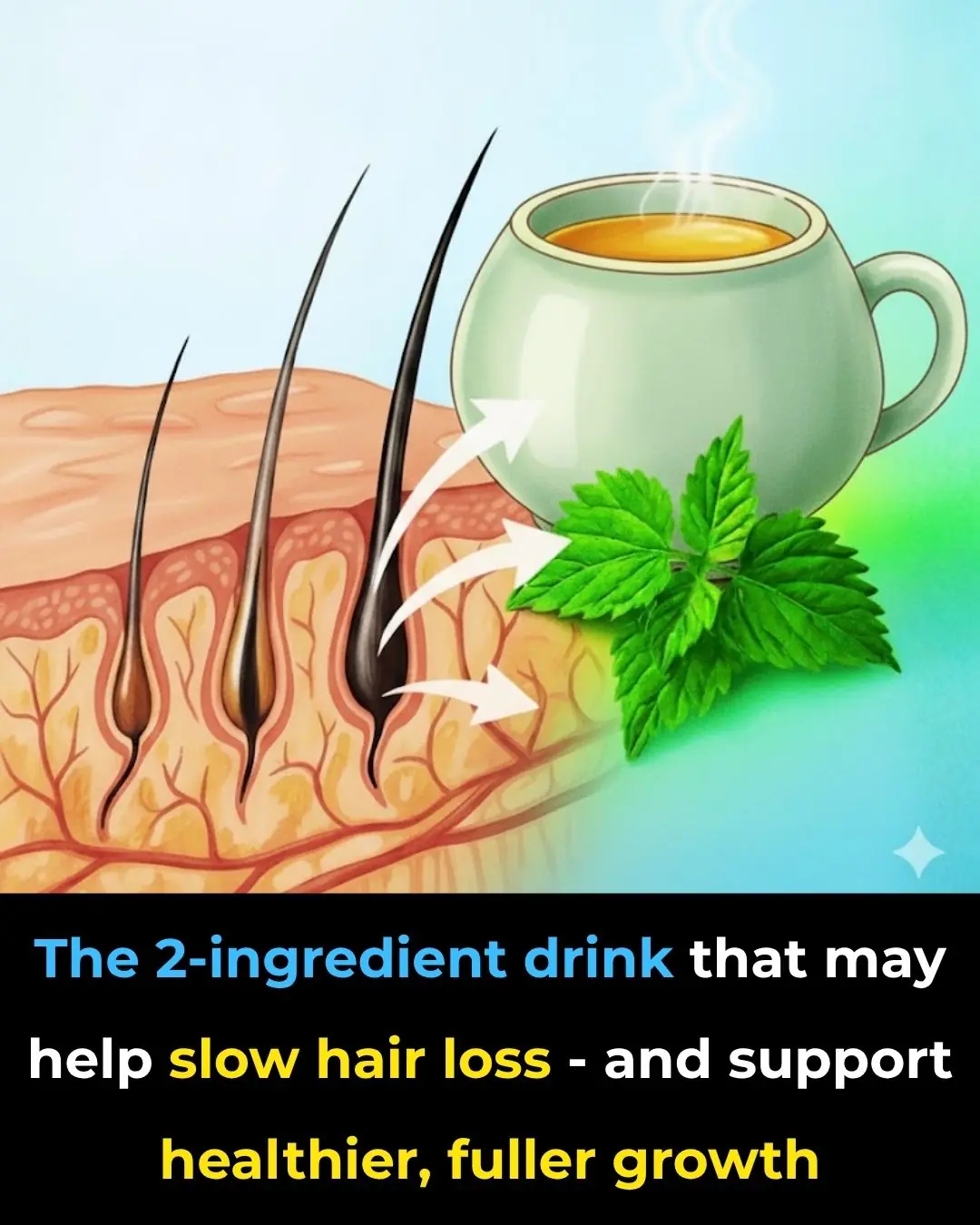
Anyone Whose Hair Is Falling Out Needs To Make This 2-Ingredient Drink Immediately
News Post

The White House Communications Office is saying our story is not true. We stand by our story. Our story is accurate.

D4vd's Friends Thought He Was Celeste Rivas' Boyfriend, Thought She Was 19

Netflix's Being Eddie release date and what to expect from the Eddie Murphy special

Man Builds “Museum Of Love” To Honor Late Wife’s Memory

MAFS UK's Julia-Ruth issues statement after 'three husbands' bombshell

Strictly star Harry Aikines-Aryeetey addresses ‘heartbreaking’ elimination: ‘It’s nice to go out on a party’

Seven Types of Pain You should Never Ignore

Proven Health Benefits and Uses of Thyme and Thyme Tea

Stop throwing out old plastic food containers

6 things that mice are very afraid of

9 cancer warning signs your body is sending you (don’t ignore these!)

Your legs have a “second heart” — and one simple move can reactivate it fast

Doctor warns: your ‘healthy’ lemon water habit is actually destroying your liver – here’s what you’re doing wrong

Why You Shouldn’t Rush to Fold the Bed When Checking Out of a Hotel
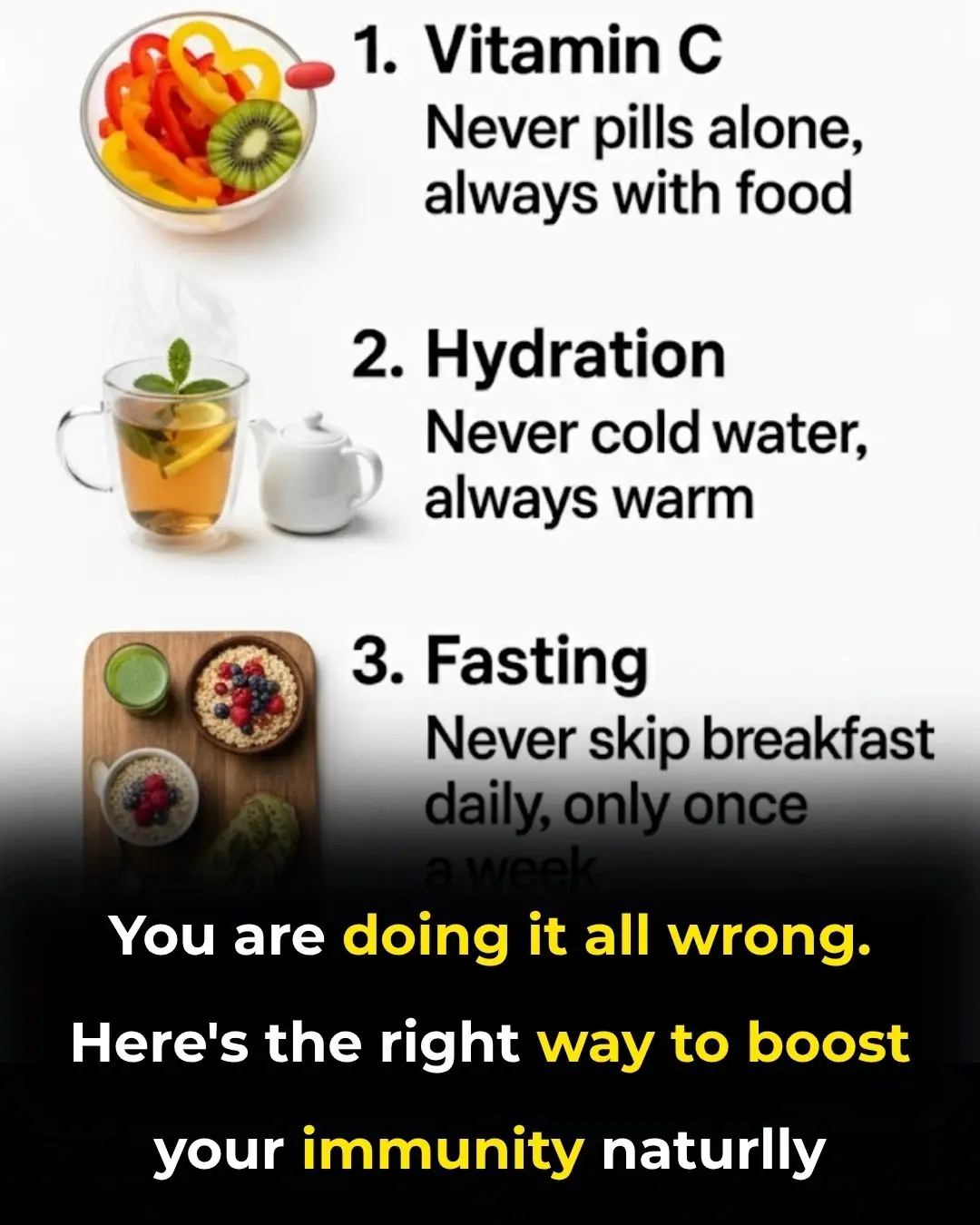
You are doing it all wrong. Here's the right way to boost your immunity naturally

My ear feels clogged all the time, but nothing comes out. No wax of fluid. Doctor appt is far away. What could this be?

Wow, I never knew this!

How to Tell If You Have Intestinal Parasites and What to Do About That

Morehouse Students Appear in ‘Vogue’ To Reflect On Legacy of Style in Honor of MLK Day
